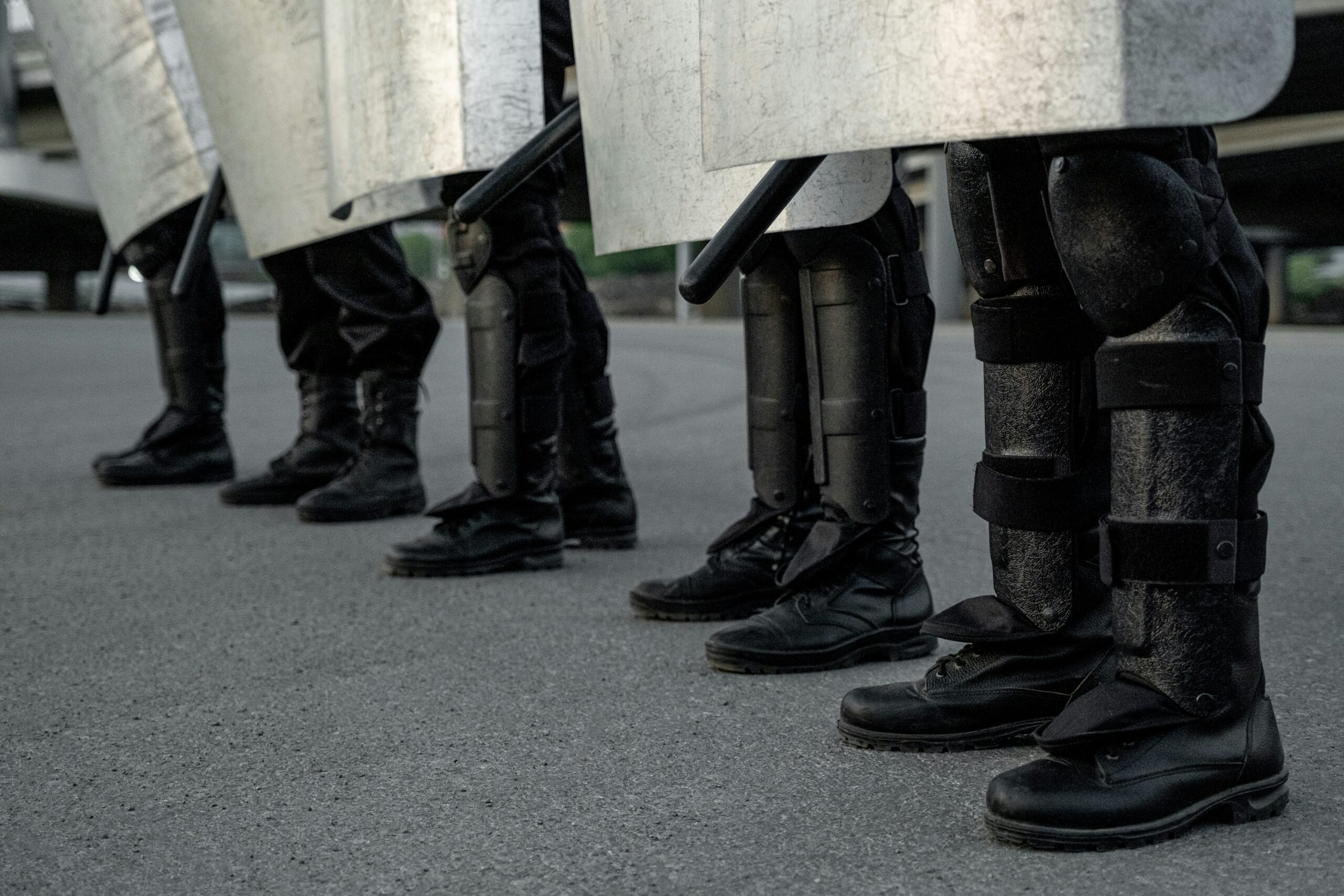
Transitioning from the structured world of military service to the dynamic corporate leadership environment is no small feat. Many veterans possess the discipline, strategic thinking, and resilience required for executive roles, but the journey from enforcing military law to leading a company is unique. This story explores the transformation of a former military police officer into a CEO, highlighting the skills, challenges, and triumphs that define such a remarkable career shift.
From Military Discipline to Corporate Leadership
Military police officers are trained to operate under high-pressure situations, enforce regulations, and maintain order within military communities. These skills translate well into the corporate world, where discipline, problem-solving, and decision-making are critical for success. Military leadership demands technical expertise and the ability to inspire and guide teams—qualities that are essential for any CEO.
Transitioning into the business world requires an adaptation of leadership styles. In the military, commands are followed without question, while in the corporate world, leaders must foster collaboration and innovation. Understanding this shift and learning how to influence and motivate employees without the rigid hierarchy of the military is a key factor in making the transition successful.
Overcoming the Challenges of Career Reinvention
Despite possessing valuable skills, former military police officers often face hurdles when entering the business world. One of the biggest challenges is the perception gap—civilian employers may not always understand how military experience translates into corporate success. Bridging this gap requires translating military achievements into business language and demonstrating how past experiences contribute to organizational growth.
Networking also plays a crucial role in career reinvention. Unlike the structured career progression of the military, corporate success often depends on building connections and seizing opportunities. Many veterans find mentorship programs and professional networks invaluable in navigating the complexities of the business world and securing leadership roles.
The Power of Strategic Thinking and Crisis Management
Military police officers are trained to assess threats, manage crises, and make quick decisions under pressure—skills directly applicable to business leadership. CEOs frequently face high-stakes choices that can impact an entire company, requiring the same level of strategic thinking and composure.
Moreover, risk assessment is a fundamental part of military and corporate environments. Understanding potential challenges, preparing contingency plans, and making data-driven decisions set military-trained leaders apart. These skills help them steer organizations through uncertainty and emerge stronger in competitive markets.
Building a Leadership Philosophy for Business Success
A military background often instills a strong sense of integrity, accountability, and teamwork. These values shape a leader’s approach to business and can set a company apart in terms of ethics and organizational culture. Many veterans turned CEOs emphasize a servant leadership mindset, prioritizing the well-being and development of their teams.
Additionally, fostering adaptability is crucial. Military leaders are accustomed to adjusting strategies in dynamic environments, a trait that proves invaluable in the fast-paced corporate world. By embracing change and encouraging a culture of continuous improvement, they drive innovation and sustainable growth within their organizations.
Inspiring the Next Generation of Leaders
Veterans transitioning into executive roles serve as role models for other service members considering career changes. Sharing their experiences inspires others to recognize their potential beyond military service. Many CEOs with military backgrounds also give back by mentoring fellow veterans and supporting initiatives that facilitate smoother career transitions.
Furthermore, companies increasingly recognize the benefits of hiring veterans for leadership roles. Their ability to remain calm under pressure, manage diverse teams, and execute strategic initiatives makes them valuable assets in any industry. As more veterans step into executive positions, they pave the way for a broader understanding of the skills and capabilities military professionals bring to the corporate world.
The journey from military police officer to CEO involves transformation, resilience, and leadership evolution. By leveraging military-honed skills, embracing adaptability, and refining their leadership approach, veterans successfully transition into the corporate world and thrive as executives. Their stories not only highlight the power of military experience in business but also serve as inspiration for those looking to follow a similar path.